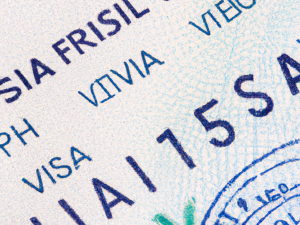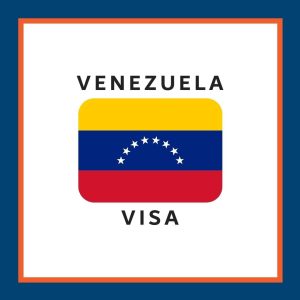Traveling to Venezuela requires careful planning, especially when it comes to obtaining a visa. Whether you’re visiting for tourism, business, or other purposes, understanding the visa requirements is crucial to ensure a smooth entry into the country. This article explores the different types of Venezuelan visas, application procedures, and essential tips for travelers.

Types of Venezuelan Visas
Venezuela offers several visa categories tailored to different purposes of travel:
Tourist Visa: For leisure travelers staying up to 90 days. This visa can sometimes be extended for another 90 days.
Business Visa: Designed for professionals attending meetings or conducting negotiations.
Transit Visa: For those passing through Venezuela en route to another destination, valid for up to 72 hours.
Work Visa: For individuals employed in Venezuela, valid for one year with multiple entries.
Student Visa: For those pursuing education in Venezuela, allowing a stay of up to 365 days.
Religious and Retirement Visas: For specific activities like religious missions or retiring in Venezuela.
Application Process
Applying for a Venezuelan visa involves several steps:
Locate the Embassy: Applications must be made at a Venezuelan embassy or consulate. Note that many diplomatic offices abroad have limited services due to political challenges.
Prepare Documents: Common requirements include:
A completed application form.
Passport valid for at least six months.
Passport-sized photographs.
Proof of accommodation (e.g., hotel reservations).
Financial statements showing sufficient funds.
Travel itinerary and return tickets.
Submit Application: Depending on the embassy’s policies, you may need an in-person interview or submit documents via mail.
Key Considerations
Visa-Free Countries: Citizens from over 70 countries can enter Venezuela without a visa for tourism purposes, staying up to 90 days. However, this exemption does not apply to all types of travel.
Processing Times: Visa processing can take anywhere from 7 to 20 days depending on the type and embassy workload.
Safety Concerns: Travelers should be aware of safety issues in Venezuela due to political unrest and economic instability.
By understanding these requirements and preparing thoroughly, travelers can enjoy their visit to Venezuela without unnecessary complications.

